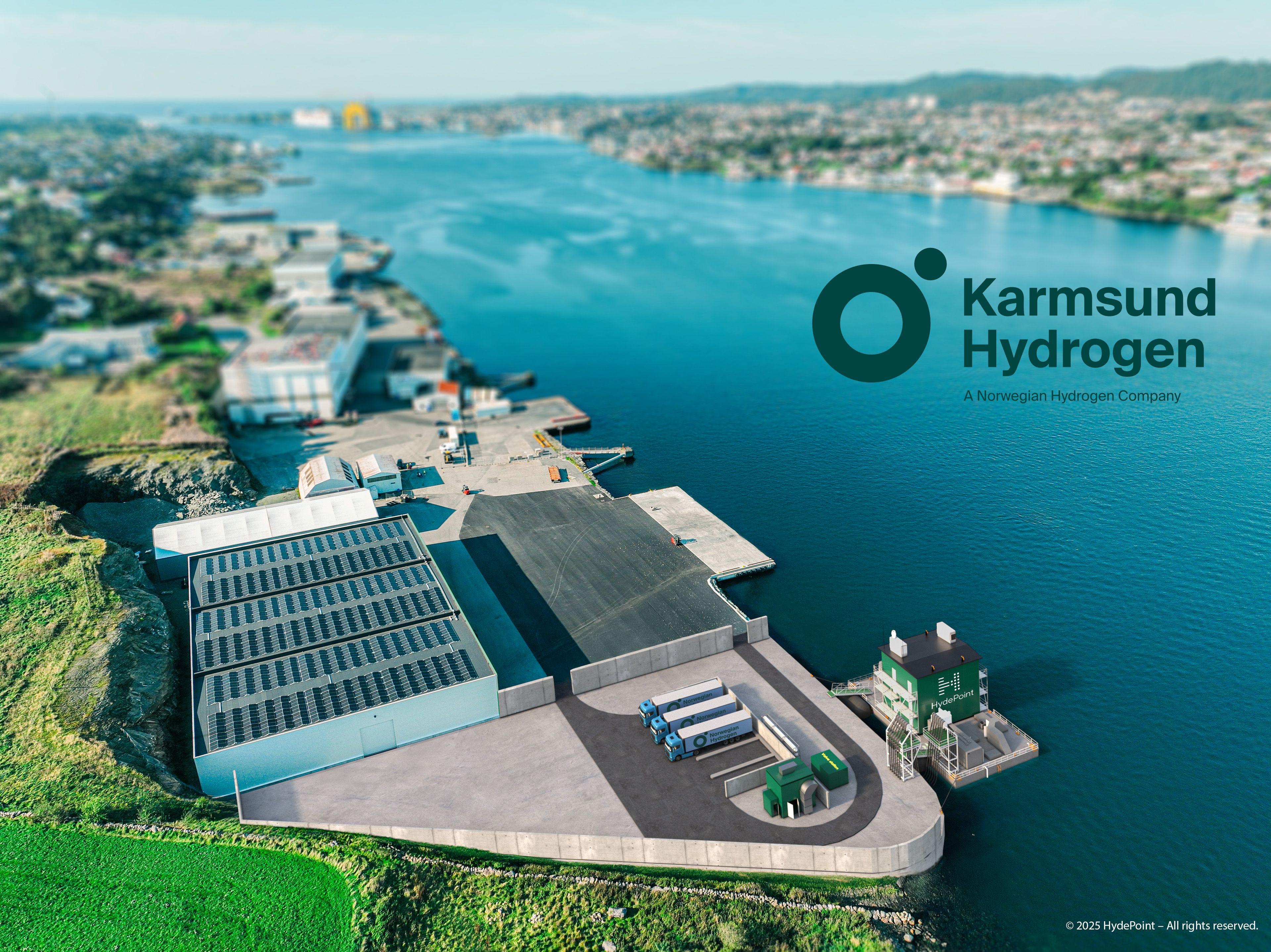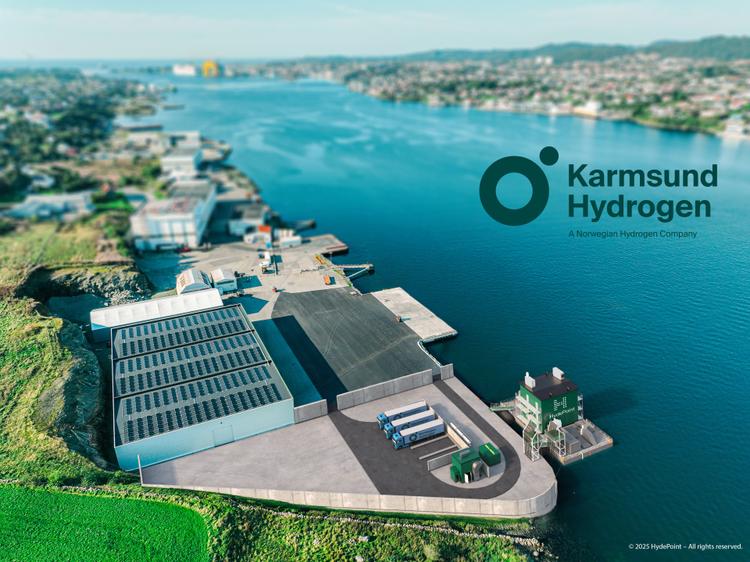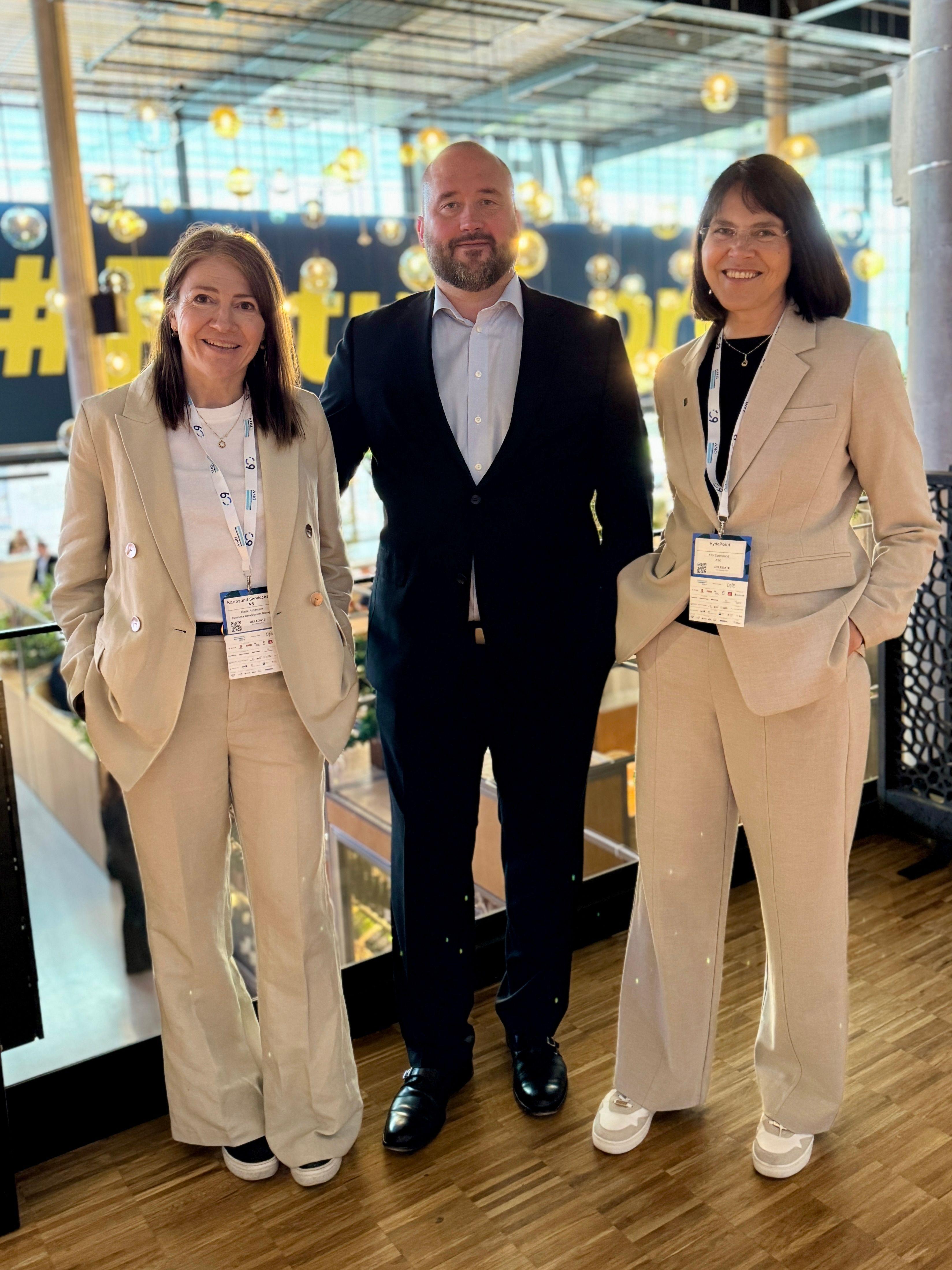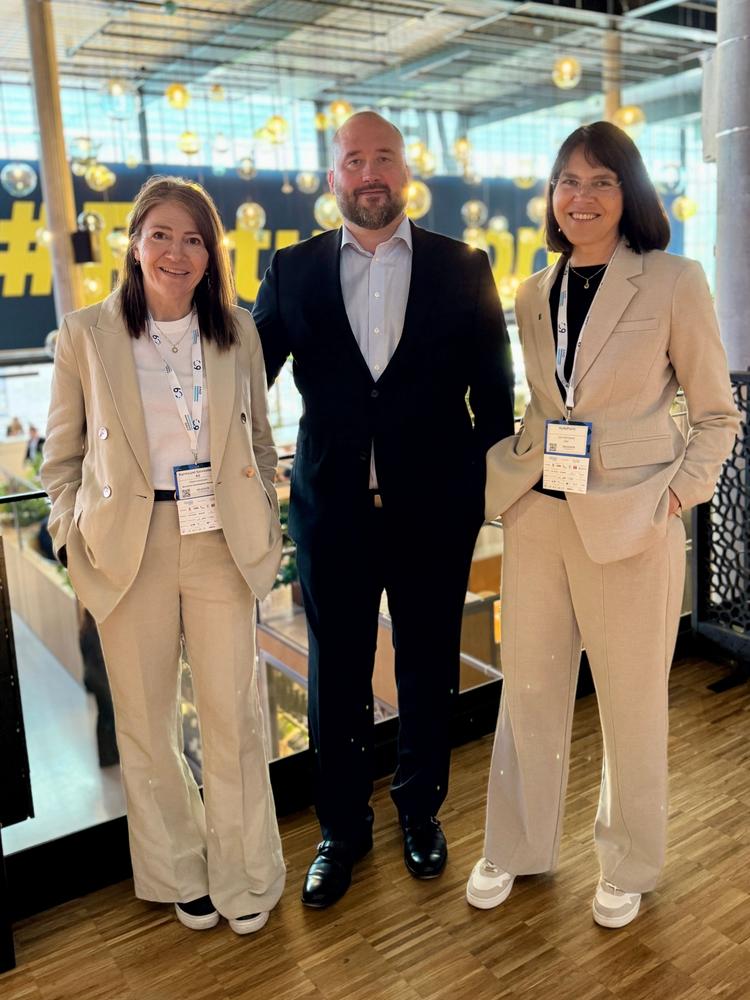Industrial partners unite behind new hydrogen project in Haugesund, Norway


The project plans to produce more than 3000 tons annually based on 20 MW installed electrolysis capacity.
“As a local company with strong roots in the business community here, we’re proud to take a concrete step toward establishing hydrogen production in Haugalandet,” says Marie Aanensen, Chair of the Board at Karmsund Hydrogen. “This project lays the foundation for new green value chains and helps safeguard the competitiveness of our industries in a low-emission future.”
Built on industrial needs and regional strength
The initiative is directly based on the needs of local industry and reflects a strong regional ambition to reduce emissions and support sustainable growth. By offering locally produced green hydrogen, the project will enable the decarbonization of key industrial sectors and strengthen the region’s maritime industry through clean fuel solutions.
“This project shows how strong industrial partnerships can lead to real emission reductions,” says Jens Berge, CEO of Norwegian Hydrogen. “Haugalandet has the right conditions to become a hub for green industry, and we’re pleased to be part of a collaboration that turns ambition into concrete action.”
Floating and flexible hydrogen production
HydePoint brings specialized technology and experience in maritime hydrogen production. Their solution integrates a barge system with onshore infrastructure, enabling modular and flexible deployment of hydrogen capacity. This allows production to scale with demand while staying close to end users.
“We’re excited to bring our maritime hydrogen production technology into this collaboration,” says Elin Steinsland, CEO of HydePoint. “Together, we aim to deliver a standardized, modular and scalable solution that supports decarbonization where it matters, close to the user.”


Marie Aanensen, CEO Karmsund Group and Chair of the Board at Karmsund Hydrogen with Jens Berge, CEO of Norwegian Hydrogen and Elin Steinsland, CEO of HydePoint
Targeting first production in 2028
The project will follow a structured development process, targeting first hydrogen deliveries in 2028. The project partners are already in active dialogue with industrial and maritime customers, ensuring the production is tailored to real, local demand. This close engagement is key to building viable offtake agreements and supporting long-term decarbonization across sectors.
With strong local ownership, technical expertise, and close collaboration across sectors, the project is positioned to become a reference for clean energy innovation in coastal environments.




